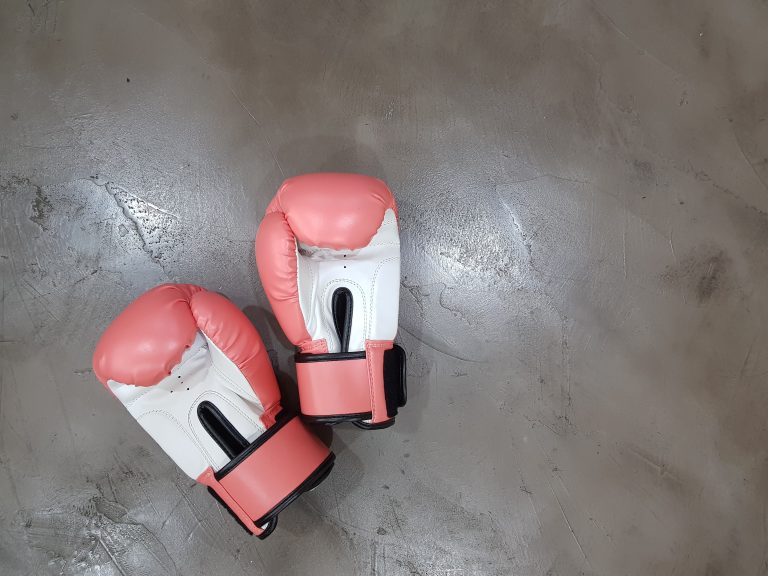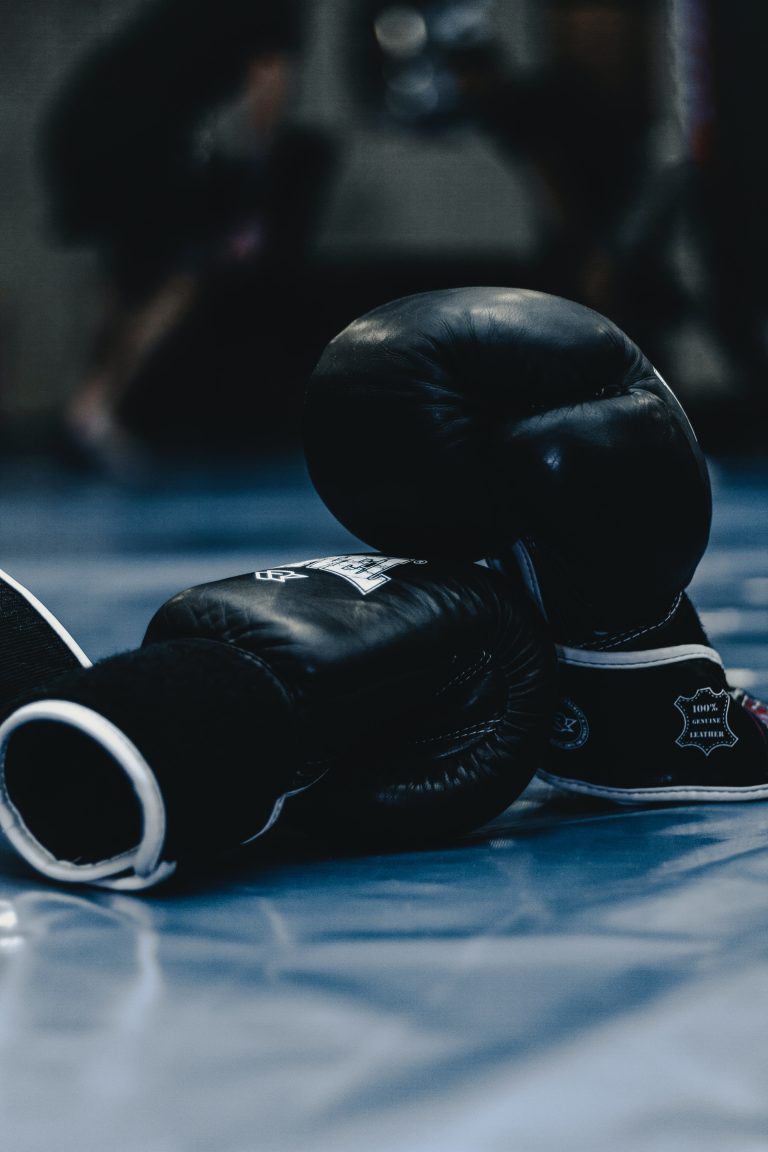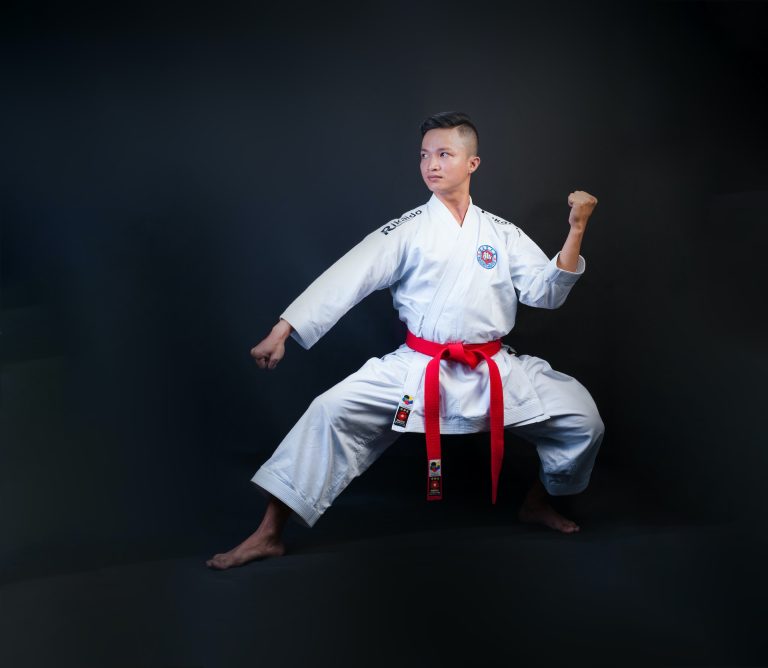Is Karate Deadly? Separating Fact from Fiction
Karate, like any other martial art, has a reputation for being a lethal fighting method. It’s been popularized in films like „The Karate Kid“ and „Enter the Dragon,“ where we see skilled martial artists using their fists and feet to take down their opponents.
But is karate really deadly? This question is complex and nuanced, and the answer may not be as straightforward as you’d expect. So let’s take a closer look at the question from different angles and try to find out whether karate is, in fact, a deadly martial art.
What is Karate?
Karate is a Japanese martial art that emphasizes striking techniques such as punches, kicks, knee strikes, and elbow strikes. It was developed in the Ryukyu Kingdom (now part of Japan’s Okinawa Prefecture) and became popular during the 20th century.
The practice of karate includes both physical and mental training. It emphasizes the development of discipline, focus, and respect for oneself and others. Karate practitioners also learn self-defense techniques that may be used in real-life situations. These techniques are powerful and effective, but they are not meant to be used for attacking or hurting others without just cause.
The Lethality of Karate Techniques
Karate techniques can be lethal when used properly, just like any other combat system. But the lethality of karate techniques depends on various factors, including:
- The proficiency of the practitioner
- The force and accuracy of the strikes
- The area of the body targeted
- The victim’s health and medical condition
- The context in which the technique was used (e.g., self-defense)
It’s essential to remember that karate practitioners train in controlled environments and follow strict safety guidelines. They are taught to control their strikes and limit their force during training to avoid hurting their training partners. In real-life situations, they are trained not to use lethal techniques unless it’s necessary to defend themselves or others from serious harm.
The Differences Between Sport Karate and Traditional Karate
Another factor that affects the lethality of karate techniques is the type of karate being practiced. Sport karate and traditional karate are two distinct variations of the martial art, and they have significant differences in terms of technique selection and strategy.
Sport karate is a competition-oriented discipline that emphasizes speed, agility, and point-scoring. In sport karate, strikes are often pulled or stopped short, and the emphasis is placed on winning the match or tournament. On the other hand, traditional karate focuses on self-defense and practical applications of techniques. In traditional karate, strikes are applied with full force and are designed to disable an opponent as quickly as possible.
It’s important to note that sport karate and traditional karate have different goals and training methods. Sport karate may be more appealing to those who want to compete and win trophies, while traditional karate may attract those who want to learn self-defense and develop a strong mind-body connection.
The Importance of Responsible Training
Regardless of whether you choose to practice sport karate or traditional karate, responsible training is crucial. It’s vital to learn the techniques correctly from a qualified instructor and ensure that you understand the context and application of each technique.
Responsible training includes following safety guidelines, practicing control and restraint, and avoiding using techniques that could cause serious harm unless it’s necessary for self-defense. Karate practitioners should also be familiar with their state’s laws regarding self-defense to avoid any legal issues.
In conclusion, karate can be lethal when used with intent to harm, just like any other martial art. However, the lethality of karate techniques depends on various factors, including the proficiency of the practitioner, the force and accuracy of strikes, and the context in which the technique was used. It’s also important to note that sport karate and traditional karate have significant differences in terms of technique selection and strategy. Regardless of the type of karate being practiced, responsible training is crucial to ensure safety and avoid causing unintentional harm.
Is Karate Deadly: Answering the Most Frequently Asked Questions
Introduction
Karate, a martial art that originated in Okinawa, Japan, is known for its striking techniques and powerful kicks. One of the most common misconceptions surrounding karate is its supposed deadliness. It’s time to set the record straight and answer the most frequently asked questions about whether karate is deadly or not.
What is Karate?
Karate is a martial art that emphasizes striking techniques, such as punches, kicks, and knee strikes, as well as open-handed techniques like knife-hands and spear-hands. The goal of karate is to use these techniques to defend oneself from an attacker. However, karate is not just about fighting – it also emphasizes mental discipline, self-awareness, and physical fitness.
What Makes a Martial Art Deadly?
Any martial art can be deadly if it is used improperly or in the wrong context. However, the idea that some martial arts are inherently more deadly than others is a myth. It is the skill and intent of the practitioner, not the art itself, that determines whether a martial art is deadly or not.
Is Karate Designed to Kill?
No, karate is not designed to kill. In fact, the vast majority of karate techniques are designed to subdue or incapacitate an attacker, not to kill them. However, depending on the situation and the skill level of the practitioner, some moves could be lethal. That’s why it’s essential to train responsibly and understand the consequences of using these techniques in real-life situations.
Can Karate Cause Serious Injuries?
Like any physical activity, there is always a risk of injury in karate. However, training in a controlled environment with experienced instructors significantly reduces this risk. Karate does involve strikes and throws that could cause serious injuries if not executed correctly. That’s why it’s important to train with partners who are also trained in proper techniques and safety protocols. Following these guidelines minimizes the chance of injury while maximizing the benefits of training.
Is Karate Safe for Children?
Yes, karate is safe for children when taught correctly. In fact, martial arts training can have significant benefits for children. Karate builds self-confidence, discipline, and focus, as well as physical fitness. However, it’s crucial to find a reputable school with experienced instructors who have training in working with children. Children should also be taught the importance of safety and respect for their training partners.
How to Answer: Is Karate Deadly?
Karate is a martial art that originated in Okinawa, Japan, around 500 years ago. It is a form of self-defense that primarily involves striking, kicking, and blocking techniques. Despite its popularity in many countries, there has always been a debate surrounding the question: Is Karate deadly? In this blog post, we will provide you with accurate information to help you answer this question.
Step 1: Understand the Nature of Karate
The first step in answering whether Karate is deadly is to understand its nature. Karate is a powerful martial art that emphasizes the development of speed, strength, and balance. While it relies on physical techniques for self-defense, it emphasizes avoidance and de-escalation of situations first and foremost. Karate is not meant to be used as an aggressive means of attack or an excuse to hurt others.
Step 2: Discuss the Risks of Karate
Like any physical activity, Karate has some risks associated with it. These risks can be minimized with proper training and supervision but can still occur. Common Karate injuries include sprains, strains, fractures or broken bones, concussion, and cuts or bruises. However, these injuries typically only occur during sparring sessions and not during real-life applications of Karate techniques for self-defense.
Step 3: Analyze the Effectiveness of Karate
The effectiveness of Karate in real-life situations for defense can vary. It is important to note that Karate is just one of many martial arts and self-defense techniques to choose from. However, when it comes to self-defense, Karate can be very effective when taught correctly. Karate teaches individuals quick decision-making, a sense of awareness of their surroundings, and can help build confidence in stressful situations. Nevertheless, Karate itself cannot make someone invincible, and caution should be taken when relying on these techniques in dangerous situations.
Step 4: Discuss the Importance of Proper Training
The key to staying safe while practicing Karate is to ensure that proper training and supervision are in place. Karate classes should be held in a controlled and safe environment, and instructors should be experienced and knowledgeable. Beginners should start slowly and avoid performing dangerous techniques until they have honed their skills. By taking these precautions, individuals seeking to practice Karate for physical fitness or self-defense can minimize their risk of injury.
Step 5: Provide Examples Supporting Your Claims
There are many examples that can be used to support the claims that Karate is an effective self-defense technique without being inherently deadly. For example, the number of reported incidents of individuals using Karate in self-defense situations has increased in recent years, and Karate is often used as a means of building confidence and discipline in children. Additionally, many professional athletes have credited Karate as an important part of their training regimen and have done so without any serious injuries.
In conclusion, Karate is a martial art that can be a safe and effective way to build self-defense skills while also improving physical fitness and mental health. While there are inherent risks associated with any physical activity, Karate can be practiced safely under proper training and supervision. So, is Karate deadly? It is not inherently deadly, but the importance of proper training, awareness, and caution cannot be overstated.
Inhaltsverzeichnis






